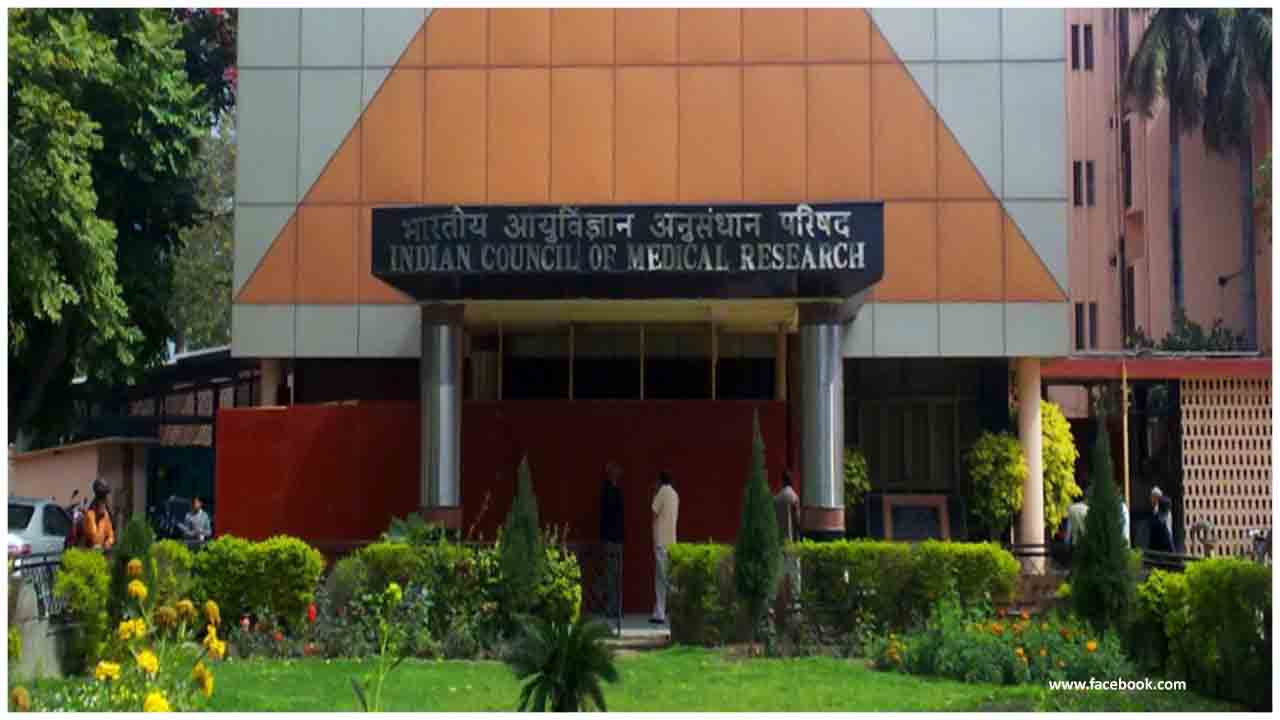The ICMR on Thursday exhorted government research facilities to hold all examples testing positive for coronavirus disease for at least 30 days before decimating them.
In its ''Guidelines for the capacity of respiratory examples gathered for COVID-19 finding by RT-PCR stages in government labs'', the top wellbeing research body said fitting methodology to clean all examples preceding removal must be followed and the labs should track the decimation.
As per the rules, all examples being put away for a drawn-out must be suitably named demonstrating research center identifiers, date of the assortment, and must be kept inappropriately working - 80 degrees Celcius profound coolers.
An appropriate stock (ideally electronic) of put away examples ought to be basically kept up.
With the flood in testing the nation over, the quantity of tried examples has gone up significantly, the ICMR stated, as it prompted research centers that are filling in as approval habitats for COVID-19 symptomatic packs to safeguard sufficient quantities of positive and negative examples, to plan fitting boards for approval.
There is a need to hold clinical examples or a subset of the clinical examples for different purposes, for example, playing out extra tests, for quality control purposes or for use as control materials to evaluate more current indicative tests.
"What's more, a research center may need to store examples for ventures planned for contemplating genomic the study of disease transmission of the SARS CoV2 infection across districts and after some time," ICMR said.
An administration lab may settle on the quantity of positive and negative examples to hold in the drawn-out dependent on the accessibility of cooler space just as apparent examination plan of the research center for COVID-19 later on, the rules expressed.
On the off chance that the number of tests tried positive at a lab is impressively huge and the research facility can't hold every single positive example past 30 days, at least 10 percent of all positives identified at the lab in a month, or 40-50 positives ideally with equivalent quantities of high, moderate and low popular burden ought to be put away for a time of one year in any event.
A solitary aliquot of a positive example might be held considering cooler space accessibility at the research facility, it said.
Taking into account that the number of tests tried negative at every research center will differ contingent upon the heap and testing limit of the lab, at least 50 examples or 1-2 percent of such examples tried longer than a month, whichever is littler ought to be held at the testing lab for a time of one year.
As indicated by the rules, all labs will send five irregular positives and the same number of negative examples every month to quality control labs. ICMR has mapped COVID-19 testing labs to various quality control labs.
All testing labs ought to liaise with the suggested quality control labs and will guarantee customary interest in the movement.
"Remember to incorporate your lab name and test ID. While dispatching, place tests in screw-topped vials and legitimate biosafety and biosecurity safety measures ought to be followed," the ICMR said.
If there should arise an occurrence of any harshness, extra five positive and three negative examples should be sent for a quality control check.
On the off chance that quality control results are concordant, the examples might be obliterated and labs will track demolition.

 All samples being stored for a long-term be appropriately labeled indicating identifiers, date of collection and must be kept in -80 °C deep freezers.
All samples being stored for a long-term be appropriately labeled indicating identifiers, date of collection and must be kept in -80 °C deep freezers.






















.jpeg)









